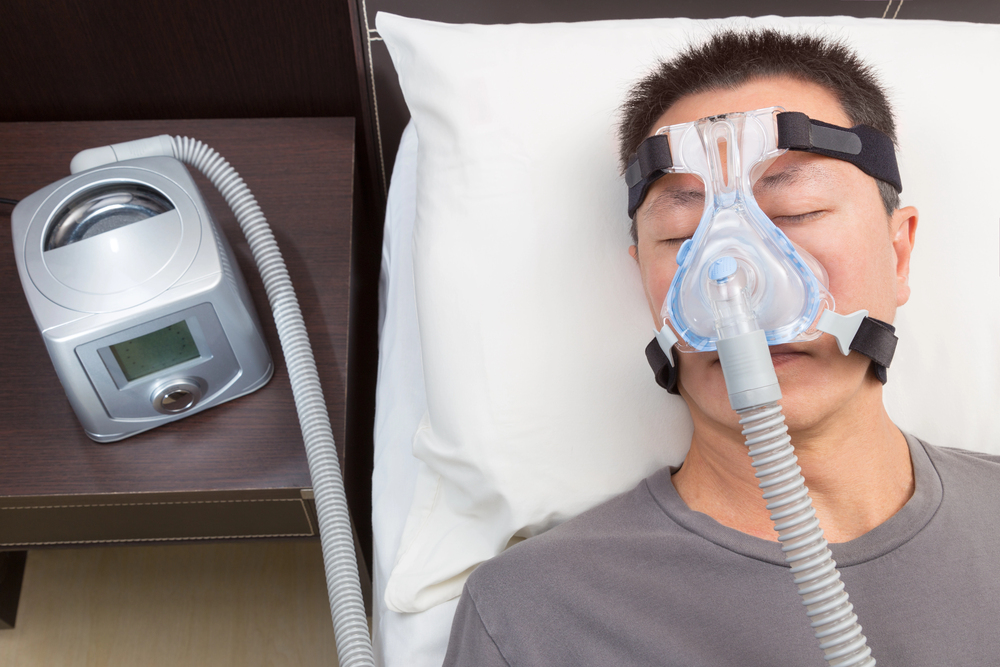If you use a CPAP machine to manage obstructive sleep apnea, you know how important it is for getting quality sleep. But waking up with bad breath might have you wondering: Is my CPAP machine to blame? The answer is often yes—especially if you experience dry mouth or other side effects.
Let’s dive into how CPAP machines affect your dental health, what you can do to prevent bad breath, and when to see your dentist about CPAP-related oral issues.
Why CPAP Machines Can Cause Bad Breath
CPAP (Continuous Positive Airway Pressure) machines deliver a steady stream of air to keep your airway open while you sleep. While this is essential for people with sleep apnea, it can contribute to several oral health issues:
- Dry Mouth: One of the most common side effects of CPAP use, dry mouth occurs when the airflow causes moisture in your mouth to evaporate. Without saliva to neutralize acids and wash away bacteria, bad breath is a natural result.
- Bacterial Growth: A dry mouth allows bacteria to thrive, increasing your risk for gum infections, plaque buildup, and oral odor.
- Mouth Breathing: Some CPAP users, especially those with nasal masks or nasal blockages, breathe through their mouth during sleep. This exacerbates dryness and can worsen halitosis.
Dental Problems Linked to CPAP Therapy
If bad breath is frequent, it may be a sign of more significant issues. Long-term CPAP use—especially with untreated dry mouth—can contribute to:
- Tooth Decay: Without saliva to protect your enamel and neutralize acids, decay can set in quickly.
- Gum Disease: Dry tissues are more prone to inflammation, bleeding, and infection.
- Tooth Sensitivity: Loss of enamel from acid and bacteria buildup can cause discomfort when eating or drinking.
- Mouth Sores or Infections: A dry environment makes the soft tissues in your mouth more vulnerable to ulcers, cracks, and infections.
Tips for Maintaining Oral Health while Using a CPAP
If you rely on a CPAP machine, here are a few steps to protect your oral health and reduce bad breath:
1. Stay Hydrated
Drink water throughout the day and before bed. Hydration helps maintain saliva production and fights mouth dryness.
2. Use a Humidifier with Your CPAP
Many machines allow you to add a humidifier to moisten the air, which helps reduce dry mouth and associated symptoms.
3. Practice Excellent Oral Hygiene
Brush twice daily with fluoride toothpaste, floss daily, and consider adding an antibacterial mouthwash. If you're overdue, schedule a dental cleaning to remove plaque and bacteria buildup.
4. Switch to a Full-Face Mask if Needed
Mouth breathing is common with nasal masks. A full-face mask can reduce the need to breathe through your mouth and may lessen oral dryness.
5. Use Dry Mouth Products
Over-the-counter mouthwashes, sprays, or lozenges formulated for dry mouth can help restore moisture and reduce discomfort.
When to See a Dentist
If you’re experiencing persistent oral discomfort or foul breath despite good hygiene, it’s time to book an appointment. You may need more advanced care like:
- Tooth Extractions for decayed teeth
- Root Canal Therapy if decay has reached the tooth pulp
- Crowns or Fillings to restore damaged or eroded teeth
- Emergency care for toothaches or loose teeth.
Regular dental checkups are key for catching problems early and keeping your smile healthy—even with a CPAP machine.
Ensuring Your Dental Health Using a CPAP
Using a CPAP machine is life-changing for those with sleep apnea, but it’s not without side effects. Bad breath is often a sign of dry mouth, which can impact your oral health if left unchecked.
Good oral hygiene, staying hydrated, using humidification, and regular dental visits can help reduce the effects of CPAP-related dry mouth and keep your breath fresh. If you’re struggling with symptoms, don’t hesitate to reach out to the team at Emergency Dentist Vancouver WA for professional guidance and support.

